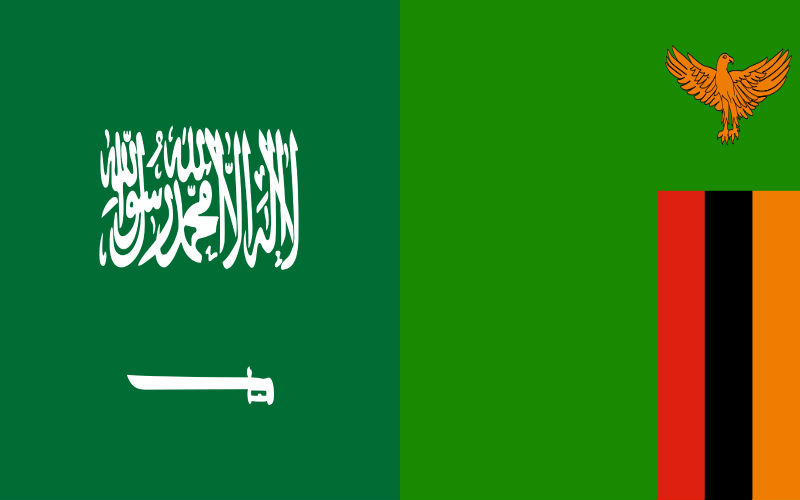The Saudi Arabian government, through the Saudi Fund for Development, has offered a US$20 million revolving fund to supply cheap oil to Zambia and reduce domestic fuel prices for the next five years.
The oil money, which is being offered at a 3.5% interest, is meant to reduce Zambia’s fuel prices which are one of the highest in Southern Africa. Currently, a liter of petrol in Zambia is sold at around K10 (US$1).
Due to lapses in procurement processes and sometimes bureaucracy, shortages occur and most of the times they result in panic buying and motorists spending hours, queuing up for fuel at filling stations.
The country imports its fuel from the Middle East through the Tanzanian port city of Dar es Salaam and the commodity is then transported through the Tazama pipeline to the city of Ndola where Zambia’s only oil refinery is located.
“We are now in the final stages of our negotiations and we are hopeful that within a month, the supply of cheap Saudi Arabian oil to Zambia will start,” said Zambia’s Ambassador to Saudi Arabia Ibrahim Mumba.
The Zambian diplomat says the Saudis have already given a go ahead to help Zambia but a few logistics are remaining before the deal can be done.
“The Saudi Fund has come to our aid. We have already spoken to Saudi Aramco, the largest oil company in the world and they are ready to produce and ship the fuel to Zambia.”
It is understood that the Saudi Fund has offered to release the US$20 million to send the first consignment of the fuel but talks on how the funds can be transferred to Zambia are still on. Zanaco, formerly the Zambia National Commercial Bank, is in talks with the Saudi Fund to help in the payments for the deal.
Zambia’s President Edgar Lungu is expected in the Saudi Arabian port city of Jeddah on Wedneday for a two day state visit. According to officials in his advance party, President Lungu is expected to broker the oil deal and several other bilateral issues which would benefit Zambia.
Already, Saudi Arabia has financed the construction of the Kalabo-Sioma road and the rehabilitation of the University Teaching Hospital, Zambia’s largest referral hospital which is based in Lusaka.
Over a year ago, Saudi Arabia offered to build a US$100 million specialist hospital for women and children to help in the reduction of infant and maternal mortality rates.
The 800 bed hospital is expected to be based in a densely populated urban area but progress on the project has been allegedly delayed by the Zambian authorities who are yet to agree to the Saudi terms and conditions.
Saudi Arabia and Zambia each have years of diplomatic representations but Zambia’s mission in Riyadh was closed decades ago andit only re-opened a few years ago.
Despite abit of progress on a number of fronts, the two countries still do not have a Joint Permanent Commission where bilateral issues, disputes and collaborations could be discussed.



